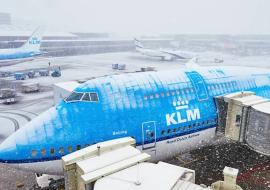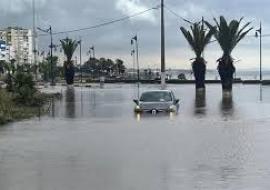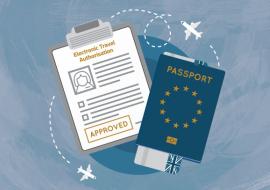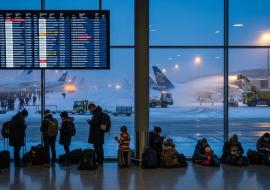WTTC Urges Travel Industry to Scale Up Sustainable Fuel

The World Travel & Tourism Council (WTTC), in collaboration with global consultancy ICF, has unveiled a bold new framework urging the entire Travel & Tourism sector to take action in scaling up the use of Sustainable Aviation Fuel (SAF) and other renewable fuels.
The report, titled Scaling Up Sustainable Fuel, outlines a clear roadmap for how every type of business—from hotels to tour operators—can contribute to reducing transport-related emissions and advancing the transition to cleaner energy.
WTTC President & CEO Julia Simpson emphasized that sustainable fuel is the sector’s most important lever for change. Currently, SAF supply falls far short of demand, threatening higher costs, supply constraints, and slowed climate progress. She stated, “Every hotel, tour operator, cruise line, airline, and travel agency has a role to play.” The framework is a blueprint for businesses and a call for governments to not only set targets but also incentivize SAF production.
Today, SAF represents only 0.3% of global jet fuel use. To meet net-zero targets by 2050, production must grow more than 400 times—from 1.25BN litres to over 450BN litres. This massive scale-up will require around 6,500 new renewable fuel plants globally. Meanwhile, Sustainable Marine Fuel (SMF) faces similar challenges in terms of infrastructure and supply limitations.
One of SAF’s advantages is that it’s a ‘drop-in’ solution, compatible with existing aircraft and engines. However, its high production cost—up to 10 times that of conventional fuel—and limited availability are major obstacles. The new WTTC-ICF framework outlines tiered roles for stakeholders—Collaborators, Promoters, Adopters, and Investors—with practical steps such as supplying waste, funding SAF facilities, and purchasing sustainable fuel certificates.
ICF Managing Director Daniel Galpin stressed that decarbonising transport is key to achieving a truly sustainable tourism sector. While the aviation industry is already pushing forward, broader tourism players must engage. The report identifies both operational and strategic changes that can drive the sector toward its goals. ICF and WTTC encourage the entire tourism ecosystem to become active participants in the decarbonisation journey.
Examples of progress are already emerging. In Asia, The Erawan Group is converting hotel waste oil into SAF, while Jet2 has invested in a UK-based SAF plant using recyclable household waste. The report warns that if the sector fails to act collectively, upcoming SAF mandates (requiring a 5–10% blend by 2030) could lead to increased travel costs and reduced consumer choice. With Travel & Tourism expected to generate $16.5TN and support 460MN jobs by 2035, advancing sustainable fuel isn’t just a climate necessity—it’s an economic imperative.














